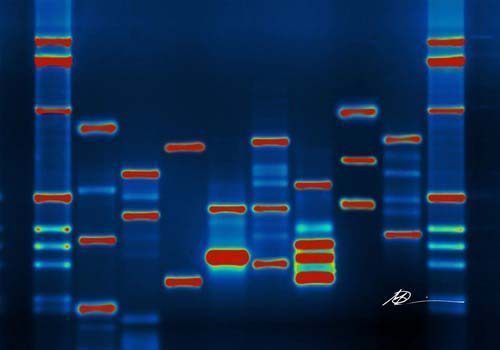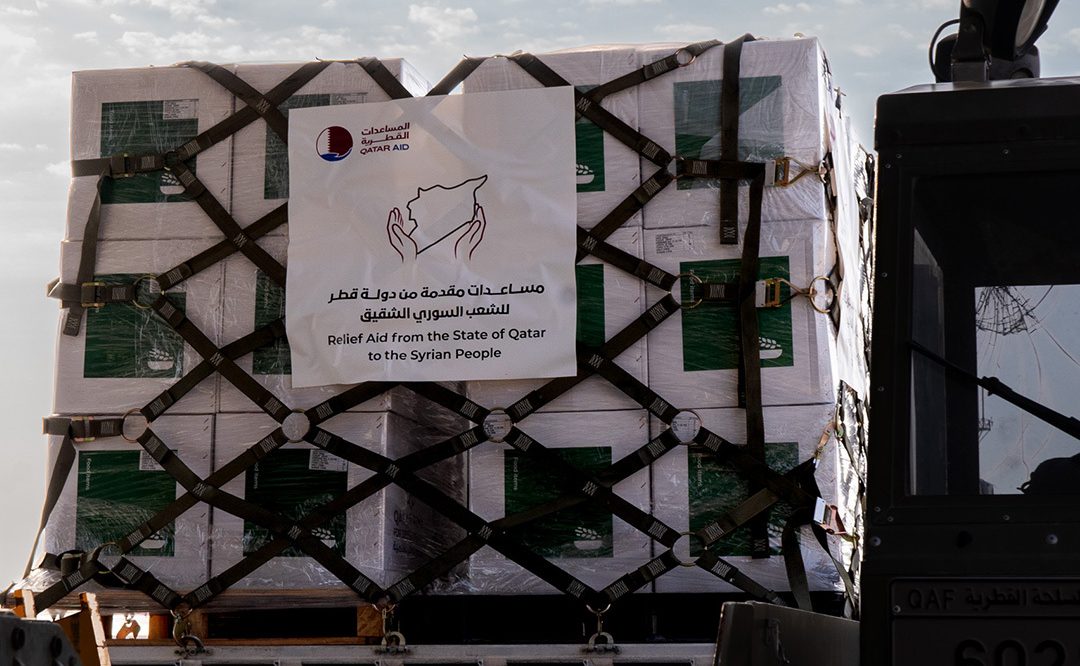
Qatar will establish a national DNA database to track criminals and unidentified persons following a new law ratified by the Emir this week.
According to local newspapers, Law No (9) of 2013, which hasn’t been posted online yet, will be set up at the Ministry of Interior’s Forensic Laboratory Department.
It will contain biological samples taken at crime scenes, from those suspected of a crime, victims, unidentified bodies and people who are lost, to aid with identification purposes.
Also included in the database will be DNA taken by court order and from people wanted by international law enforcement agencies such as Interpol. According to the Peninsula:
Samples will also be taken and kept in the bank in criminal cases like threatening state security in and out of the country.
People involved in crimes that breach public trust, social crimes, crimes against individuals and their properties, drug cases, money-laundering, terrorist funding could also undergo DNA tests and their samples be stored.
Qatar Tribune reports that the bank will be kept strictly confidential and accessible only to those in the justice department for specific criminal investigation purposes.
Fighting crime
DNA databases are common in many countries, including the US, UK and Canada, which are increasingly relying on blood, hair or other samples to identify individuals in criminal cases.
Qatar saw a six-fold increase in crime in the past decade, in large part due to its growing population, which has doubled to nearly two million since 2007. However, it stills enjoys one of the world’s lowest crime rates.
The country appears to be serious about keeping it that way by investing in the latest technologies.
In 2011, for example, Qatar became the first Arab country and one of the handful of nations in the world to set up a body odor bank to help police dogs track criminals.
Thoughts?
Credit: Image by Micah Baldwin







